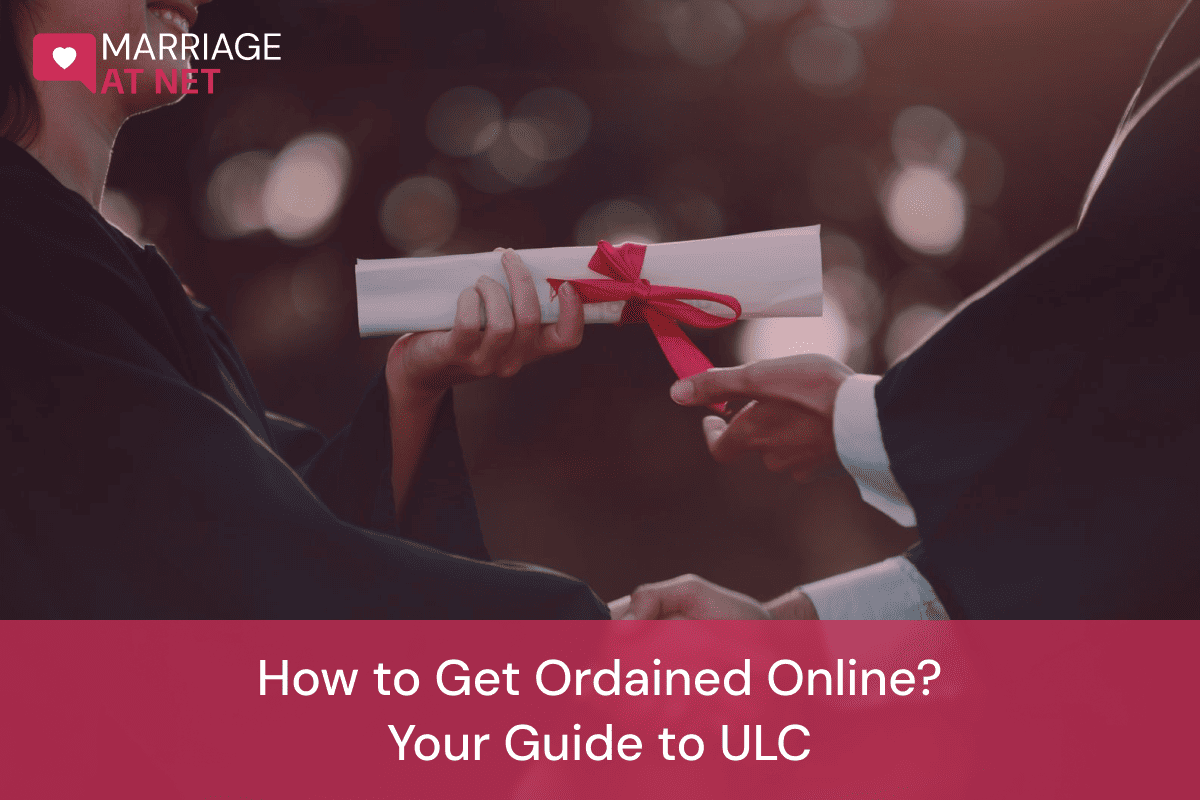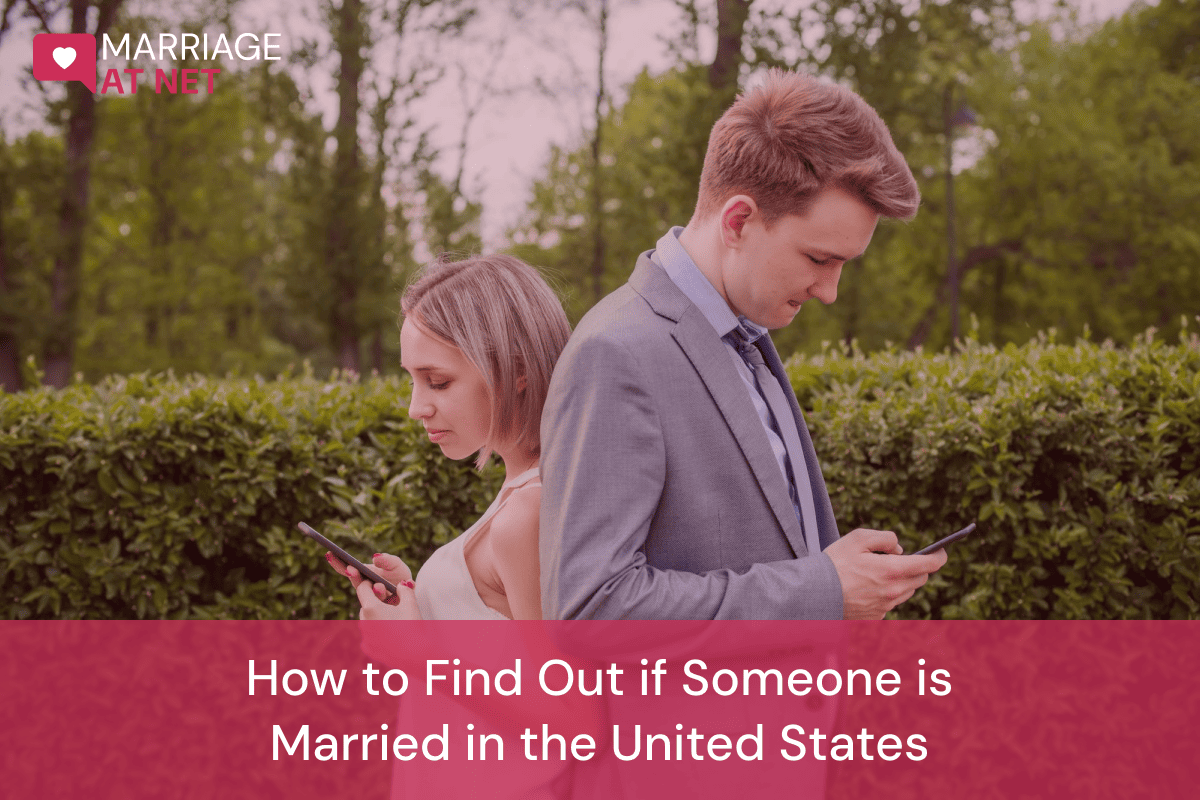How to Get Ordained Online? Your Guide to Universal Life Church
In today’s digital age, the process to become an ordained minister has never been easier. Many individuals seek to officiate weddings or perform other ceremonies, and organizations like the Universal Life Church (ULC) provide a straightforward path to achieve this through online ordination. This guide will walk you through the essential steps and considerations in getting ordained online.
What is Online Ordination?
Online ordination refers to the ability to become an ordained minister via an accessible digital platform. This process is designed for individuals who wish to officiate weddings, perform marriage ceremonies, or lead spiritual practices without adhering to traditional pathways of religious education. Organizations like the ULC simplify this journey, allowing anyone with the desire to solemnize weddings to easily get ordained online. The convenience of the internet has made this a popular option for those wishing to serve as officiants for friends or family members, making the big day even more special.
The Importance of Becoming an Ordained Minister
Becoming an ordained minister carries significant meaning for many individuals. It empowers them to officiate weddings, playing a vital role in one of life’s most important milestones. This responsibility not only brings personal connections to fruition but also instills a sense of fulfillment and purpose. Ordination enables individuals to start their own ministries, perform other religious or spiritual ceremonies, and actively engage with their communities.
Furthermore, it advocates for inclusivity and equality in marriage practices, supporting the belief that everyone should have the right to marry, regardless of their background or beliefs.
Steps to Get Ordained Online
The process to get ordained online is typically straightforward and can be completed in just a few steps. First, individuals must select an organization for ordination, such as AMM or ULC. Following this, they fill out an online ordination application form that generally requires basic personal information.
After submitting the application, individuals will receive their ordination credentials via email—often within minutes. It is crucial to check state-specific requirements, as some states may necessitate additional registration or documentation before one can officiate a wedding. Overall, the entire process is crafted to be quick and accessible, allowing anyone to become an ordained minister with ease.
The Role of an Ordained Minister
An ordained minister plays a crucial role in the lives of couples wishing to formalize their commitment through marriage. As a wedding officiant, the ordained minister is entrusted with the significant responsibility of guiding the couple through the wedding ceremony. This includes ensuring that the ceremony adheres to both legal requirements and the couple’s personal desires.
The officiant must be well-versed in the nuances of marriage laws, including the necessity of a marriage license and the vital steps to solemnize the union effectively. Their presence not only legitimizes the marriage but also provides emotional support and guidance to the couple during this momentous occasion.
Responsibilities of a Wedding Officiant
As a wedding officiant, an ordained minister has several key responsibilities. The primary duty is to conduct the wedding ceremony, ensuring it aligns with both legal requirements and the couple’s wishes. This includes guiding the couple through the ceremony, leading them in their vows, and pronouncing them married. Additionally, the officiant is responsible for completing and signing the marriage license, which must be returned to the appropriate government office after the ceremony. Officiants must also be prepared to support the couple emotionally, providing reassurance and guidance during the event.
How to Officiate a Wedding Ceremony
To officiate a wedding ceremony, the minister should first meet with the couple to discuss their preferences and any specific elements they wish to include. This may involve selecting readings, vows, and any special rituals. The officiant should draft a ceremony script that reflects the couple’s story and values while ensuring that it includes the necessary legal components, such as the Declaration of Intent and the Pronouncement of Marriage.
During the ceremony, the officiant should maintain a warm and engaging presence, guiding the couple and guests through the proceedings. After the ceremony, the officiant must ensure that the marriage license is properly signed and returned in a timely manner.
Becoming a Wedding Officiant: Key Considerations
When considering becoming a wedding officiant, there are several factors to keep in mind. First, ensure that online ordination is legally recognized in your state and familiarize yourself with any specific requirements or regulations. It’s also important to understand the emotional and logistical responsibilities involved in officiating a wedding, as this role can be both rewarding and demanding. Additionally, consider your own comfort level with public speaking and the ability to connect with couples on a personal level. Finally, be prepared to invest time in crafting a meaningful ceremony that reflects the couple’s values and wishes.
Legal Aspects of Online Ordination
Understanding the legal aspects of online ordination is essential for anyone looking to become an ordained minister and officiate weddings. This includes knowing the requirements surrounding marriage licenses, which are necessary documents for legally binding marriages. The ordained minister must ensure that the couple obtains the marriage license from their local county clerk’s office prior to the ceremony.
Furthermore, it is vital to be aware of the specific marriage laws in your state to ensure compliance and avoid any legal pitfalls during the officiation process.
Understanding Marriage Licenses
A marriage license is a legal document that authorizes a couple to marry. It must be obtained from a government office, such as a county clerk’s office, prior to the wedding ceremony. The couple is typically responsible for applying for and picking up the marriage license, and it must be presented to the officiant on the day of the ceremony.
Each state has its own rules regarding marriage licenses, including waiting periods, expiration dates, and requirements for returning the signed license after the ceremony. It is crucial for officiants to understand these regulations to ensure the marriage is legally binding.
State Regulations for Ordained Ministers
State regulations for ordained ministers vary significantly across the United States. Some states require officiants to register with local government offices before performing weddings, while others do not have such requirements. For instance, states like Arkansas and Delaware mandate registration, whereas California and Texas do not.
It is essential for prospective officiants to research their state’s specific laws and requirements to ensure compliance and avoid potential legal issues. Staying informed about state regulations helps maintain the integrity of the officiant’s role and the legality of the marriage.
Credentialing through American Marriage Ministries
American Marriage Ministries (AMM) offers a straightforward path to ordination and credentialing for those wishing to officiate weddings. As a certified 501(c)(3) non-profit organization, AMM provides free online ordination that is legally recognized in all 50 states. Once ordained, ministers can access various resources, including training materials and support for officiating weddings.
AMM also emphasizes the importance of inclusivity and equality in marriage, advocating for the rights of all individuals to solemnize marriages that reflect their values and beliefs. Obtaining credentials through AMM is a reliable option for those seeking to serve as wedding officiants.
Performing Weddings as an Ordained Minister
Preparing for your first wedding ceremony as an ordained minister involves several important steps. Begin by meeting with the couple to discuss their vision for the ceremony, including any specific traditions, readings, or vows they wish to include. Draft a personalized ceremony script that reflects the couple’s story and preferences while ensuring that it includes the necessary legal components.
Familiarize yourself with the marriage license requirements in your state and ensure the couple understands their responsibilities regarding the license. Finally, practice your delivery to build confidence and ensure a smooth ceremony.
Tips for Officiating Weddings Successfully
To officiate weddings successfully, ministers should focus on several key tips. First, establish a personal connection with the couple to understand their needs and preferences. This will help create a meaningful ceremony that resonates with them. Additionally, practice your speech and familiarize yourself with the ceremony flow to ensure a confident delivery. On the day of the wedding, arrive early to prepare and set the tone for the event. Finally, remain adaptable and composed, as unexpected situations may arise during the ceremony. Being present and engaged will help create a memorable experience for the couple and their guests.
Common FAQs about Performing Weddings
Common FAQs about performing weddings often revolve around legal requirements, the ordination process, and officiant responsibilities. Many individuals wonder if they need to be ordained to officiate a wedding, and the answer is yes, as most states require officiants to be legally recognized. Questions about the cost of ordination and the time it takes to become ordained are also prevalent, with many organizations offering free ordination that can be completed in minutes. Additionally, prospective officiants frequently inquire about the process of filling out and returning the marriage license after the ceremony, emphasizing the importance of understanding local regulations.
How to Find a Minister for Your Wedding
When searching for an ordained minister to officiate your wedding, consider starting by asking friends or family for recommendations. Many couples choose to have someone they know officiate their wedding, which adds a personal touch to the ceremony.
Additionally, online directories and platforms like American Marriage Ministries or Universal Life Church can help you find local ordained ministers. It’s essential to review the officiant’s experience, style, and availability to ensure they align with your wedding vision. Don’t hesitate to reach out to potential officiants to discuss their approach and gather any questions you may have.
Choosing the Right Wedding Officiant
Choosing the right wedding officiant is crucial for creating a memorable ceremony. Start by considering the officiant’s background and experience, as well as their ability to connect with you as a couple. Look for someone whose style resonates with your vision for the ceremony, whether that be formal, casual, religious, or secular.
It’s also important to discuss the officiant’s fees and any additional services they may offer, such as pre-marital counseling or assistance with the ceremony script. Ultimately, select someone who makes you feel comfortable and confident in their ability to lead your wedding.
Questions to Ask Potential Officiants
When interviewing potential officiants for your wedding, consider asking several key questions to gauge their suitability. Inquire about their experience officiating weddings and how many ceremonies they have conducted. Ask about their approach to crafting personalized ceremonies and whether they are open to including specific traditions or readings.
Additionally, discuss their availability on your wedding date and any fees involved. It’s also helpful to ask how they handle unexpected situations during the ceremony and what their process is for completing and returning the marriage license. These questions will help ensure you find an officiant who meets your needs.


